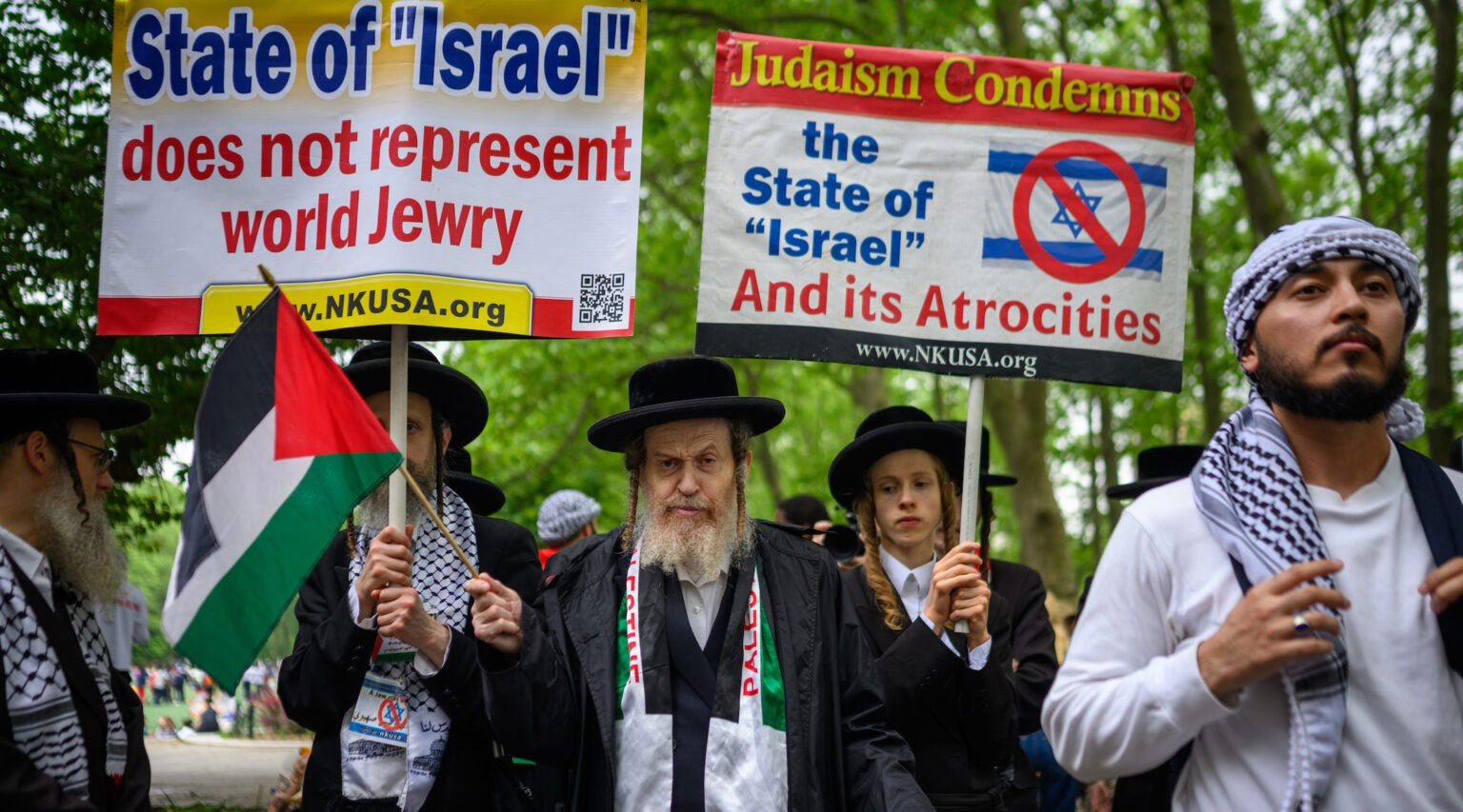May 26, 1958 — U.N. Official, 4 Israelis Killed on Mount Scopus

Gunfire from the Jordanian side of the demilitarized zone on Mount Scopus in Jerusalem kills four Israeli police officers and a Canadian army officer who chairs the United Nations’ Israel-Jordan Mixed Armistice Commission. Three of the deaths occur after the United Nations tries to intervene to calm tensions and provide medical care to the wounded. Jordan has no casualties. Israel and Jordan each accuse the other of firing first.
May 27, 1911 — Teddy Kollek is Born

Teddy Kollek, Jerusalem’s mayor from 1965 to 1993, is born near Budapest. His parents name him Tivadar after Theodor Herzl. After growing up in Vienna, he moves to Palestine in 1934 to escape Nazism. He is sent to Britain in 1938 and gains 3,000 visas for Jews in concentration camps. He helps smuggle Holocaust survivors into Palestine from 1940 to 1947. He is mentored by David Ben-Gurion and runs for mayor at his behest.
May 28, 1964 — PLO is Established

A 400-delegate Palestinian National Council convened by King Hussein of Jordan in Jerusalem’s Old City establishes the Palestine Liberation Organization. Ahmad Shuqayri, a former lawyer from Acre and a one-time Syrian representative to the United Nations, is elected the chairman. The PLO’s National Covenant calls the group the “mobilizing leadership of the forces of the Palestine Arab people to wage the battle of liberation.”
May 29, 1911 — Poet Leah Goldberg is Born

Poet Leah Goldberg, an Israel Prize winner, is born in Königsberg, Prussia, now Kaliningrad, Russia. She begins writing poetry in Hebrew and Russian around age 12 in Lithuania and starts publishing poems in magazines and an anthology in the 1930s before moving to Tel Aviv in 1935. In 1950 she becomes a lecturer and later the chairwoman of the Hebrew University general and comparative literature department.
May 30, 1972 — 26 Are Killed in Airport Massacre

Three Japanese Red Army terrorists with machine guns and grenades kill 26 people at the Lod airport in an attack contracted by the Popular Front for the Liberation of Palestine. Eight of the victims are Israelis, including biophysicist Aharon Katzir, considered a presidential candidate. One Canadian and 17 Christian pilgrims from Puerto Rico also are killed. Two terrorists die in the attack; the third is captured, tried and convicted.
May 31, 1936 — Politician Zevulun Hammer is Born

Zevulun Hammer, a National Religious Party politician who is elected eight consecutive times to the Knesset, is born in Haifa. He serves in the IDF’s Nahal program, combining military service with agricultural settlements. He is first elected to the Knesset in 1969 and remains in the parliament until his death from cancer in 1998. He holds Cabinet posts as a welfare, religious affairs, and education and culture minister.
June 1, 1941 — Farhud Pogrom Strikes Iraq’s Jews

Two days of anti-Jewish riots break out in Baghdad, Iraq, during the holiday of Shavuot. The violence kills 180 Jews, wounds more than 240 others, destroys 100 Jewish houses and damages more than 500 businesses. The pogrom follows antisemitic incitement by a pro-Nazi government that seized power in April. With bases in Iraq, the British army waits 48 hours to march into Baghdad. A pro-British government soon regains power.
Items are provided by the Center for Israel Education.




